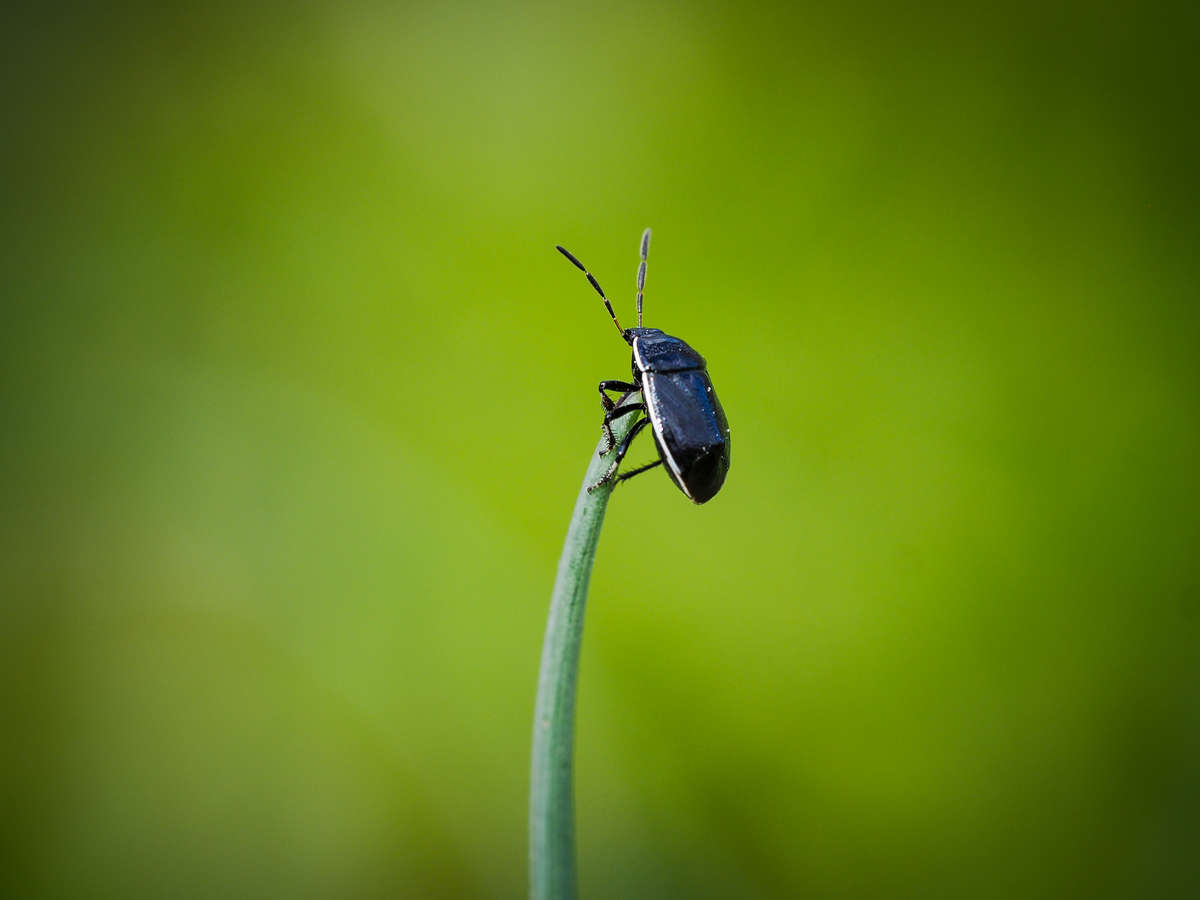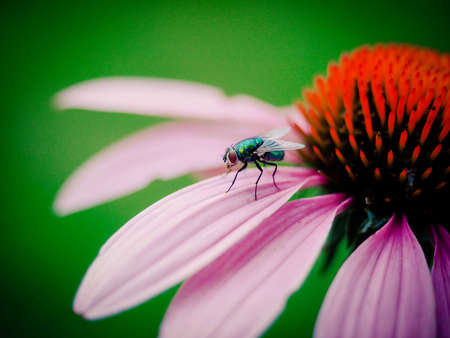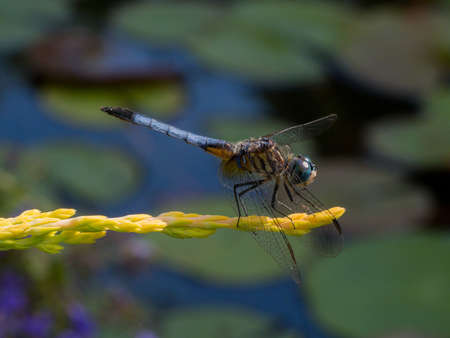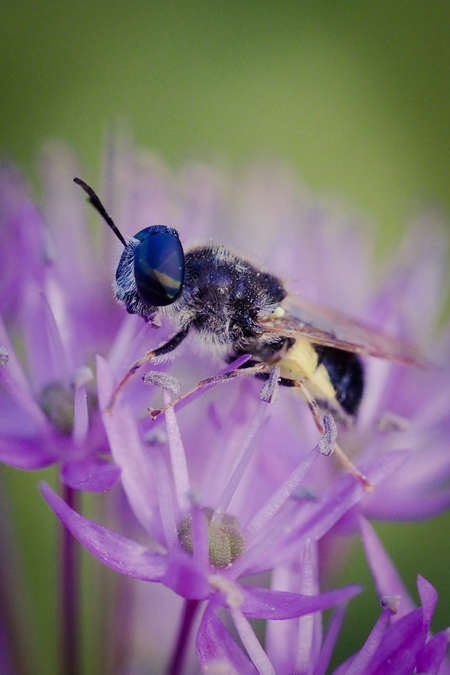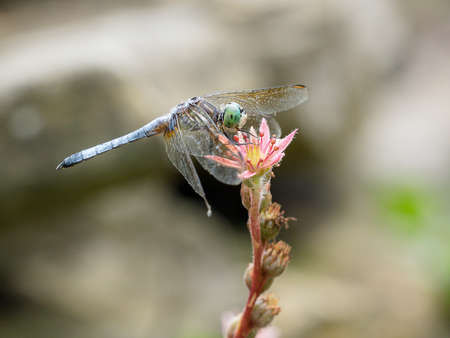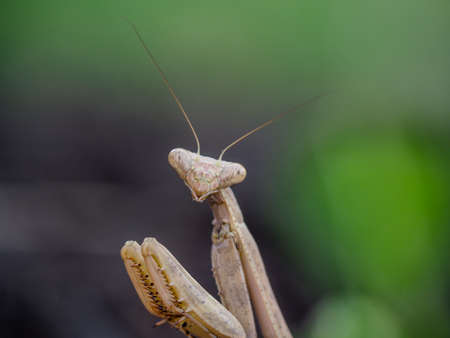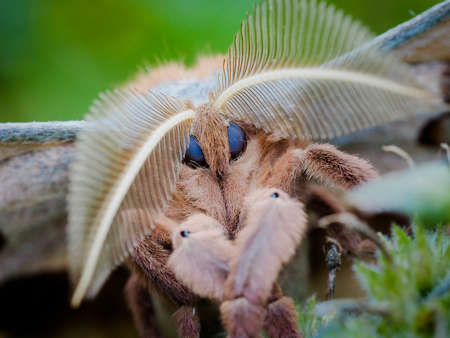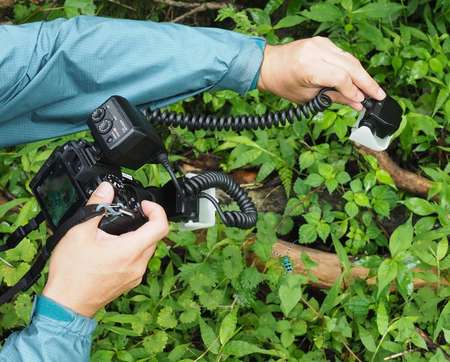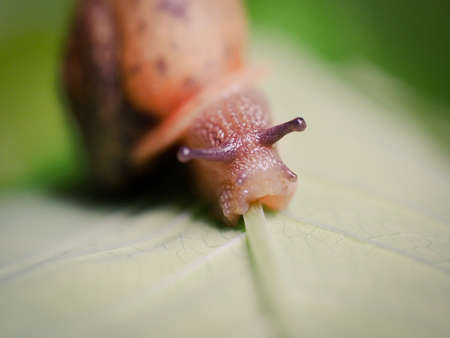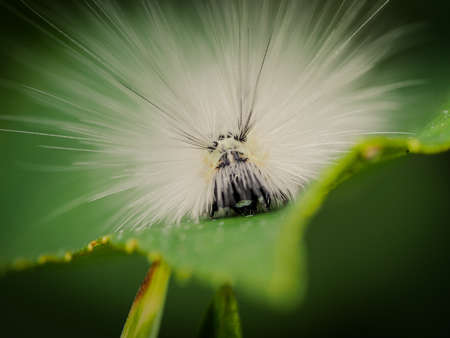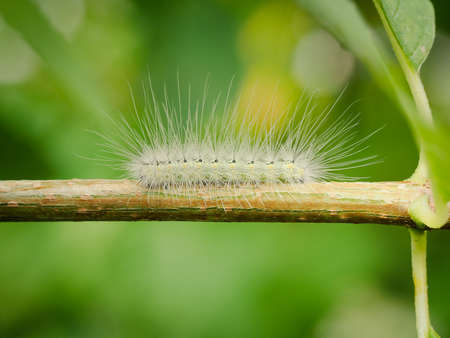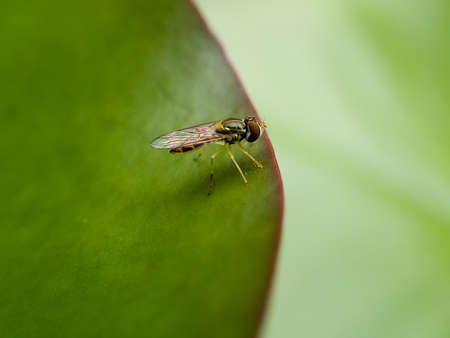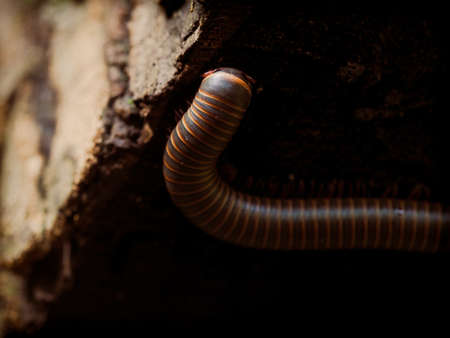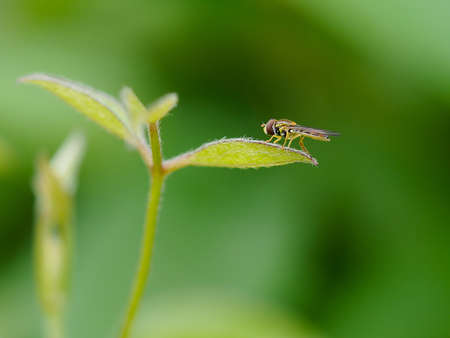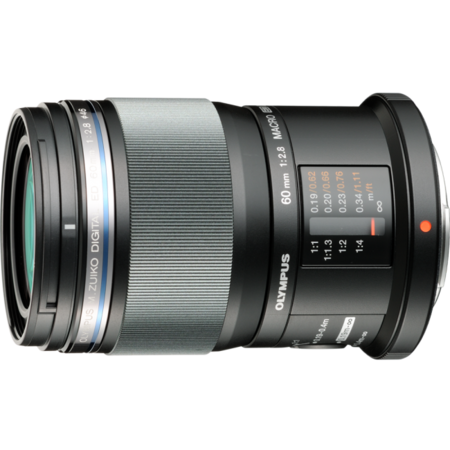I never knew the joy and beauty of an insect until I started photographing them with a macro lens. These tiny creatures are so much more fascinating when you see them through the bigger-than-life lens of macro photography. Every small feature comes to life when the minute details of a bug’s body comes into focus. Check out these tips for getting great insect pictures.
START WITH THE RIGHT GEAR
My favorite combination to use is my OM-D E-M1 Mark II paired with the M.Zuiko Digital ED 60mm F2.8 Macro lens. The 60mm F2.8 an amazing lens that renders an equivalent 1:1 shooting ratio that’s perfect for macro photography. I have also used the M.Zuiko Digital ED 40-150mm F2.8 PRO telephoto lens with some astounding results. Both lenses give me a beautiful depth of field and offer the ability to get in close to my subject.
FIND A LOCATION WITH VARIETY
Look for a location where a variety of insects tend to gather. That can be near a fragrant bush, a pond, or in your own back yard. I love walking out to my front yard to my huge hydrangea bush to capture a beautiful caterpillar climbing on a branch or a bee buzzing from one flower to the next. I like or going to a local park and photographing bees collecting pollen from a lilac bush. Sometimes I will sit in my backyard and watch the dragonfly and hover flies dance around the pond.
BE PATIENT
Insects can dart around a lot so you will need to be patient. However, after just a few minutes you will even be able to predict where they might land and get good at following their movements. This is where the magic happens. Once you can get in since with their habits, you can create some pretty amazing pictures.
FOCUS ON THE EYES
I have a tendency to personify my bugs. It’s probably just a routine from being a portrait photographer for so long, but I find that eyes are the windows to a person’s soul. I use that same philosophy with insects.
SETTING FOR YOUR PREFERENCES
Set your aperture and shutter speed to get YOUR desired results. Some people like their macro image to be taken in the focus stacking mode with an aperture of f8 or higher to get the maximum amount of focus on their subject. Others prefer to have a softer feel by capturing a single image with a wider aperture like f2.8 or f4. No matter what your preference is, set your camera accordingly.
Shutter speeds are important if you are wanting to stop movement or purposefully show movement. A shutter speed of 1/1000 sec or higher can be used to stop motion. On the other hand, using a shutter sped of 1/60sec can be used when wanting to show movement. Again, it’s a matter of preference. Don’t be afraid to try out multiple techniques.
ADD A FLASH
Sometimes you will want to highlight a specific part of the insect. Or maybe you want to stop motion, but don’t have enough available light to do that. Using a flash can help you achieve a look that you couldn’t get without one. Try using the FL-900R off camera. It will give you amazing professional results. The Macro Flash Set STF-8 is also a super cool accessory that helps you get close to your subject while not having your lens get in the path of your flash. Because of its flexibility, it’s perfect for beginners and advanced photographers.
GET AS CLOSE AS POSSIBLE
Macro photography is all about making a small object appear larger than life in your photograph. A lot of the time you have to get really close to your subject to make that happen. Get as close as you safely can to the insect you are photographing. Most of them are not going to harm you. They are just going about their daily lives on their way to gather food, procreate, or explore the world.
USE THE IMAGE TO TELL A STORY
I love to create an image that tells a story about the subject. Maybe it’s capturing a hard-working bee that spends its days collecting pollen. Maybe it’s photographing a caterpillar that resembles a firework bursting in the night sky. Maybe it’s a spider web that looks like a gorgeous chandelier.
SHARE YOUR WORK
Olympus users have created a beautiful user gallery full of their artwork on this website. Be sure to share your work with others. Enter the monthly contests. Join groups that will support you as you learn and excel. As photographers we thrive off of being inspired by the artistry of others, so put yourself out there to be inspired and inspire others!
ABOUT LAURA HICKS
Web: laurahicksphotography.com
Facebook: fb.com/LauraHicksOlympusTrailblazer
Laura Hicks is a professional portrait photographer with a personal passion for macro photography. Throughout her career, she has had the privilege of photographing hundreds of weddings and thousands of portrait sessions, and of being the official photographer for “Extreme Makeover: Home Edition” filmed in West Chester, Ohio.
